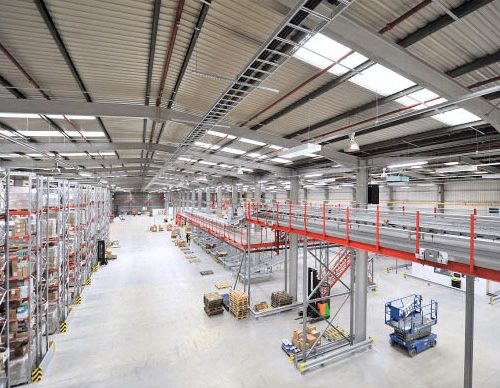This process usually involves the manipulation of building models and adjustment of fabric data (U values) to ensure that the building can be Part L compliant without the need for expensive, over-engineered, retrospective solutions.
Experience in Merton Rule reporting (10% of building energy to result from sustainable sources) allows clients to be presented with a pragmatic approach to compliance which does not dominate project budgets.
ECS regularly deal directly with Local Authority Sustainability Officers to negotiate carbon reductions using conventional systems and, wherever possible, complement these with sustainable technologies. The advantage of providing input so early in the planning stage of Energy Performance Certification (EPC) is that it offers developers an opportunity to balance the costs of higher specification and energy certification against their potential letting income.

